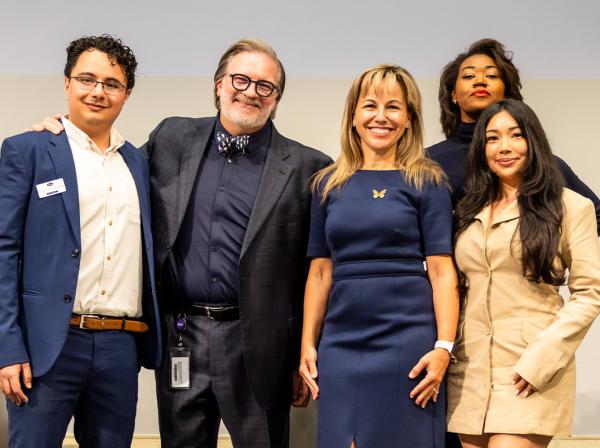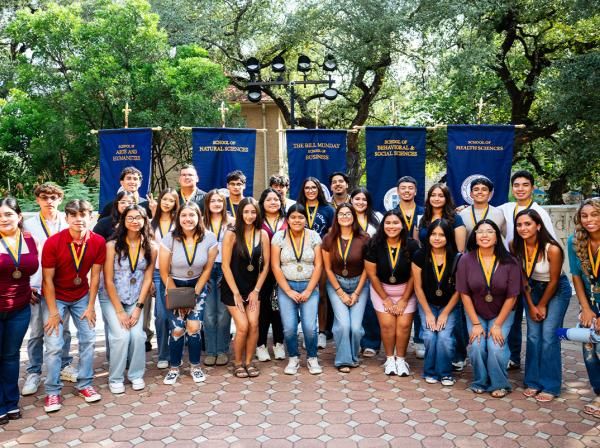4 Reasons Returning Students Succeed
It’s called “imposter syndrome.” It’s the feeling students who decide to finish their degrees get when they set foot back on a college campus. They think they don’t fit in. They think they can’t do it. They wonder why they thought this was a good idea.
But here’s the truth: They can do it. How? They have real-life experience with the skills that are crucial for success in the classroom. Project management? Check. Problem solving? Check. Teamwork, resourcefulness, self-motivation? Check, check, check. In fact, these skills often position adults to be more successful than “traditional” college students.
Returning Students are More Focused
After being in the professional world, they know what they want to learn. They know what they want to do. They are more mature than they were at 18, and they can articulate why college is important to them. Sometimes, they are paying their own way, and they know they have to make every course count. In other cases, their employers are helping with tuition, and success in the classroom has a direct and immediate impact at work.
They are Master Jugglers
These students lead such busy lives, but they seem to fit extra hours into each day for attending class, reading assignments, writing papers and working on group projects. They know they have to manage their time well, and they do. They are capable. They are motivated. And they go for it semester after semester.
Their Goals are Clear
Whether their motivation is extrinsic — a promotion, the knowledge to enter a new field — or intrinsic — a promise to a friend or family member — returning students have realistic expectations about what they need from their degree. They have done the research and picked the program that is the best fit. They take advantage of the resources available on their campus, from writing tutors to career counselors. And they understand that making college a priority means that other areas of life — remodeling the bathroom, half-marathon training, even a hot dinner on the table every night — sometimes go on the back burner.
They Rebound Quickly
From a few missed classes to a particularly challenging paper, adults often experience setbacks as they work toward their degrees. But adult students rebound remarkably quickly. Years in the real world — where the bad and unexpected happen just as often as the good — have taught them to cope, adapt and move on. These students also form connections with their peers and professors that become an invaluable support network when a crisis, big or small, occurs.
Very quickly, these students realize they are not imposters. Quite the opposite: They set their priorities; they manage their time; they have a support network to rely on. They understand and embrace the challenge — they realize they are in a unique position to excel.
So, join us, returning students, to continue your college journey!


